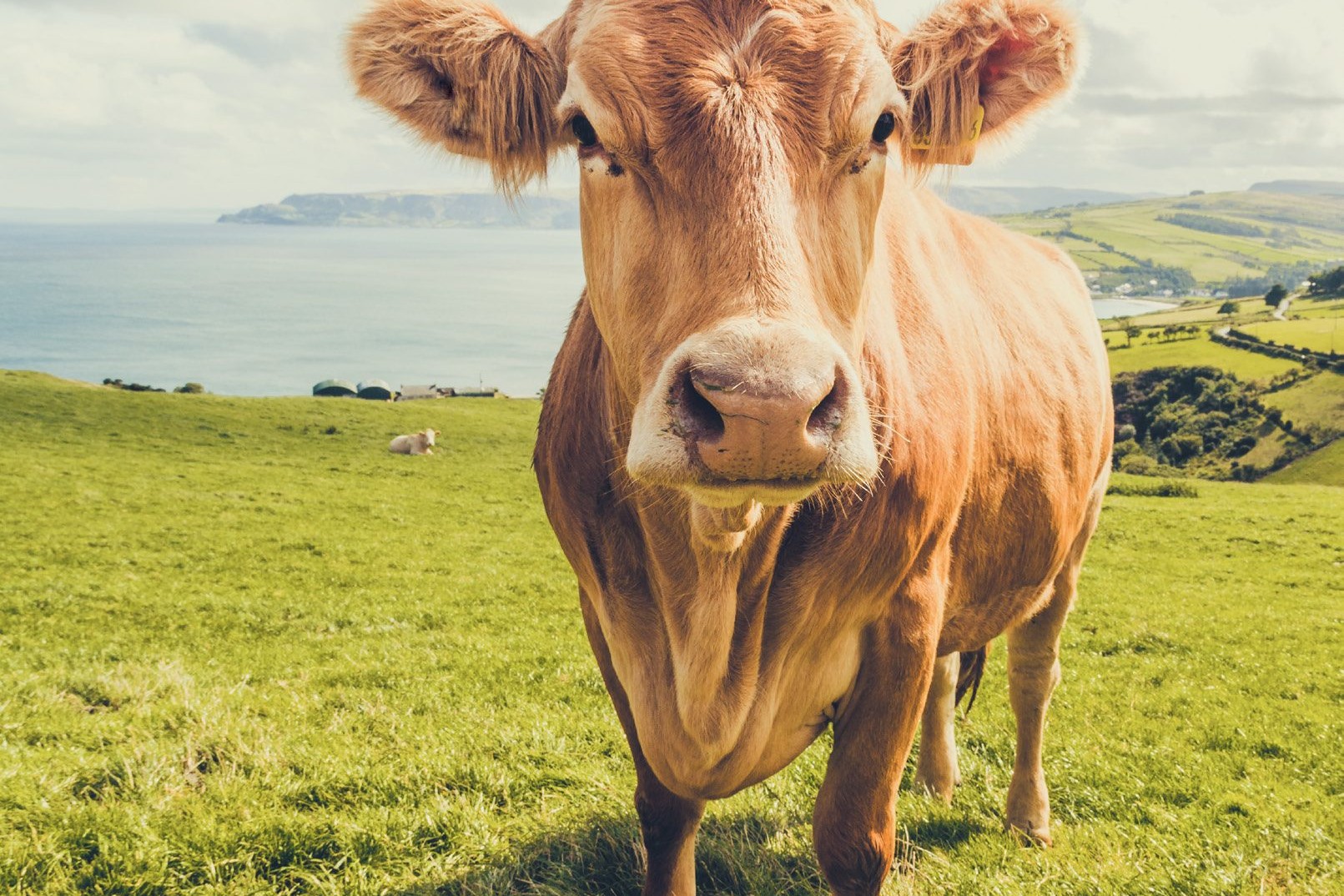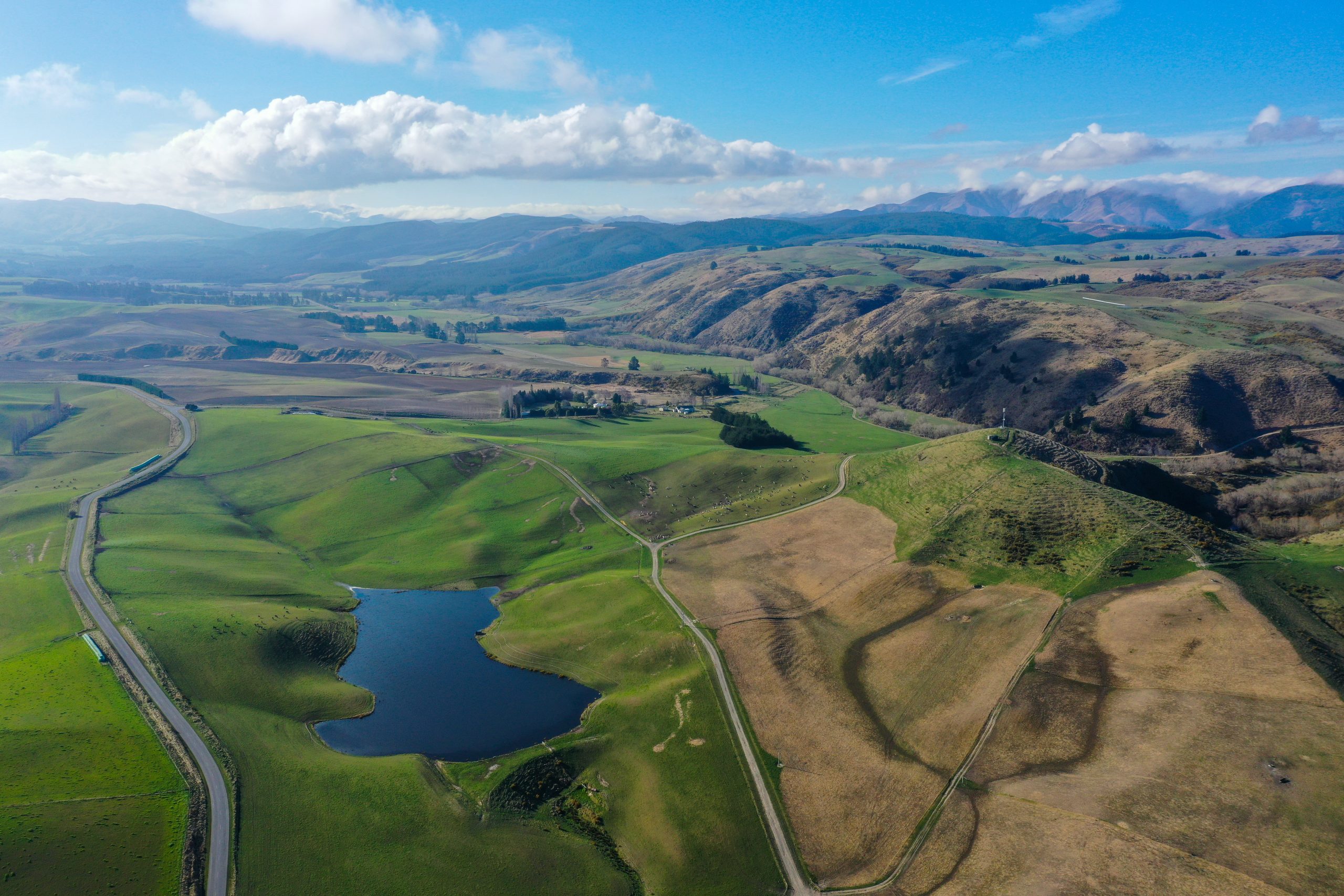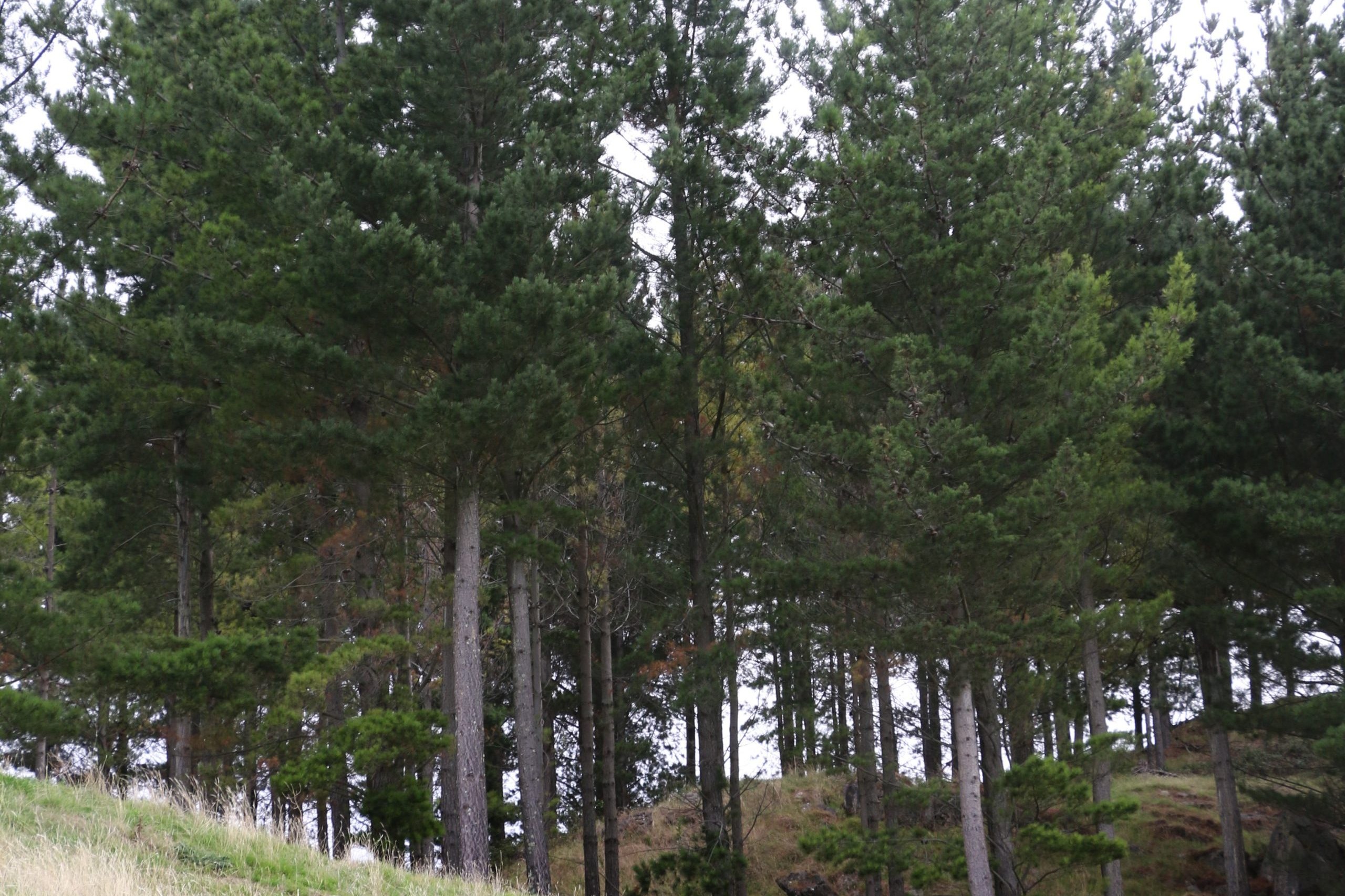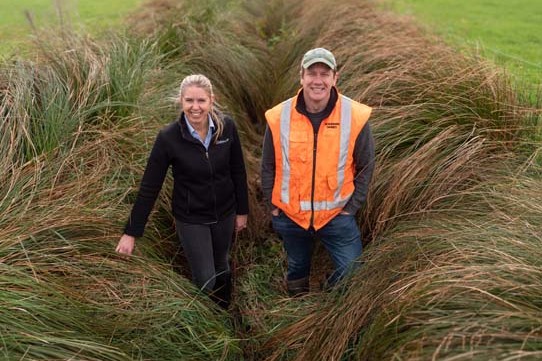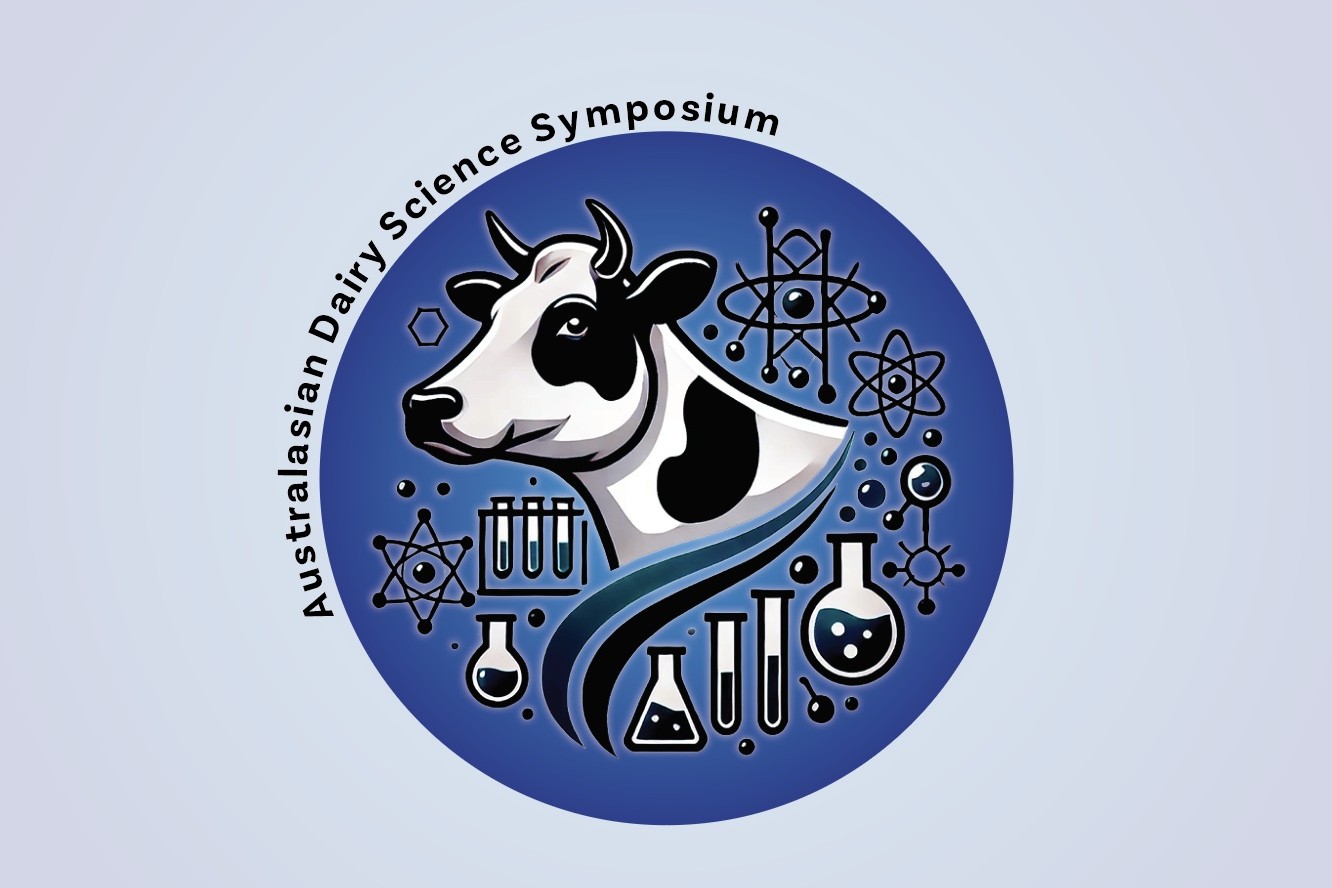‘Big brother’ is watching as Ireland tightens up on nitrates regulations.
Like many of their counterparts across the European Union, Irish dairy farmers are being further squeezed with nitrate-use regulations.
This year will see further amendments to regulations that tighten up the definitions of how much nitrogen each cow produces, effectively restricting cow numbers even more on farms.
Plus, more controversially, the government has aired its plans to run a register of all farmers who buy nitrogen fertiliser and record their use and stock quantities.
Changes to the regulations include a system called banding where every cow will be allocated a nitrogen (N) excretion rate of either 80, 92, or 106kg N per head, depending on the herd’s average milk yield. Last year every cow in the country was allocated a figure of 89kg N per head.
This effectively means, if a farm moves into the high band it will result in a 16% increase in N, which could bring it over the 170kg/ha or 250kg/ha N (derogation) limit, therefore forcing a reduction in cow numbers.
“Many farmers move organic manure off farm to bring their organic N back under the regulatory limit,” Edward Burgess, Teagasc agricultural catchments programme specialist, said. “There are two other changes to the nitrates regulations this year that make this option more difficult.
“The N content of a cubic metre of slurry has changed from five to 2.4kg. This change was made because analysis over the years has shown that most cattle slurry stored on farms has a nitrogen content close to 2.4kg per cubic metre.
“The result of this change is that double the volume of slurry has to be moved to achieve the same reduction in N,” he said.
Farms already (pre-banding) moving organic manure to comply with stocking rate regulations are being driven further over the limits, and the change in N content in slurry is having a larger impact than herds moving into the high milk yield band.
“To be able to deal with these new regulations it is important that each dairy farmer knows how they will be impacted, if at all. Just because your neighbour has to make big changes it doesn’t mean you have to, or vice versa.”
Meanwhile Ireland’s Department of Agriculture is introducing a vet medicines and fertilisers bill which means farmers will each have to register as a professional fertiliser end user if they want to buy supplies to use on the farm.
Irish Minister for Agriculture, Food and the Marine, Charlie McConalogue said he expects the vast majority of those asked to register will be farmers and that the process of entering data will be simple.
As part of the bill, the new register will set up a national fertiliser database that will record information about fertiliser imports, sales, supply and use.
“The bill, when enacted, will also enable the collection and processing of information on the import, manufacture, sale, supply and use of fertiliser in the state,” the Minister said.
“It will enable data related to fertilisers and lime to be collected from the point of import into the state, or manufacture for sale, to an end user.
“The Climate Action Plan 2023, Food Vision 2030 and the EU farm to fork strategy have all set ambitious targets to reduce fertiliser use including reducing emissions associated with chemical fertiliser use by more than 50% by the end of this decade.
“The database will assist farmers in improving nutrient use efficiency on their farms, thereby contributing to the key targets on fertiliser use under the Climate Action Plan, and will facilitate improved compliance with nitrogen and phosphorus limits.”
Information in the national fertiliser database will primarily be entered by merchants selling fertiliser. The database will also be populated with data from farmers or other professional fertiliser end users in terms of opening and closing stocks on farms and premises.
“Establishing the database will also meet a commitment that Ireland made during negotiations with the European Commission to secure the current extension to Ireland’s nitrates derogation,” the Minister added.
“At this stage all EU member states availing of a nitrates derogation have set up, or are in the process of setting up, a national fertiliser database.”


